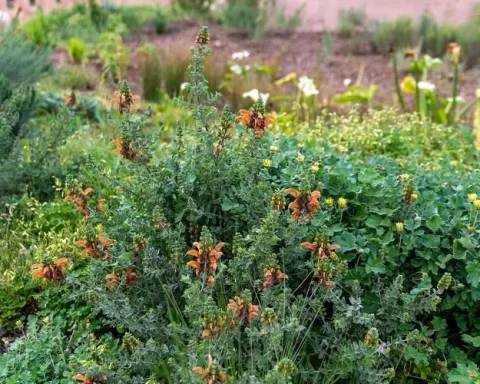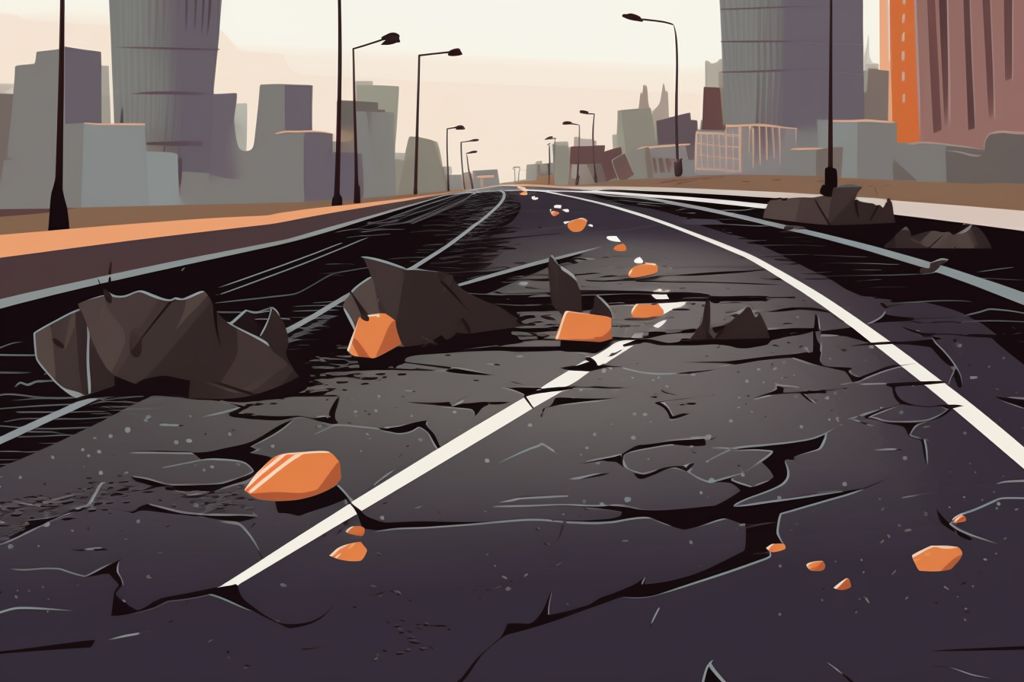Every year on May 25th, Africa Day is celebrated to commemorate the founding of the African Union (AU) in 1963. This day is significant as it celebrates the rich cultural heritage and diversity of the continent while also promoting the shared vision of a better Africa and a better world. The Africa Day celebration is an instrumental platform in promoting the African Agenda, which aims to unite African nations to achieve continental integration, peace, and prosperity.
Theme and Focus
This year’s Africa Day celebration marks the 9th annual event and is guided by the theme, “Deepening the AU Vision for Unity for Africa through Prosperity, Peace and Modernity for a Better Africa and a Better World.” The primary focus of the event is on advancing the AU’s Agenda 2063, which aims to transform Africa into a prosperous, integrated, and peaceful continent by 2063.
Event Details
The Africa Day celebration will take place at the Cradle of Humankind in Krugersdorp, Gauteng, and is open to the public. The event will kick off with a vibrant carnival at 7:00 am, featuring an array of parade dance troops representing various African countries. The carnival will showcase floats, large 3D costumes, acrobats, and a medley of melodies that encapsulate the essence of Africa.
Attendees can expect a series of cultural and entertainment activities, including music performances, traditional dances, poetry readings, and food stalls offering a variety of African cuisines. The event will also provide a platform for various African artists to showcase their talents and promote cultural diplomacy.
Africa Month Colloquium
As part of the 2023 Africa Month calendar, the Department of Sport, Arts, and Culture will host an Africa Month Colloquium on May 24th at the National Library of South Africa in Pretoria. Esteemed panelists, such as Prof. Joseph Diescho and Dr. Dikeledi Mokoena, will lend their insights to the discussion. The event will provide an opportunity to unpack the celebration’s theme while addressing pressing issues confronting both the nation and the continent.
Importance of the Celebration
The Africa Day celebration is a reminder of the importance of unity, peace, and prosperity for the African continent and the world. The event fosters cultural exchange, promotes regional integration, and encourages people-to-people connections. It also provides a platform for African nations to collaborate and work towards a common goal of transforming the continent into a better place for all its citizens.












